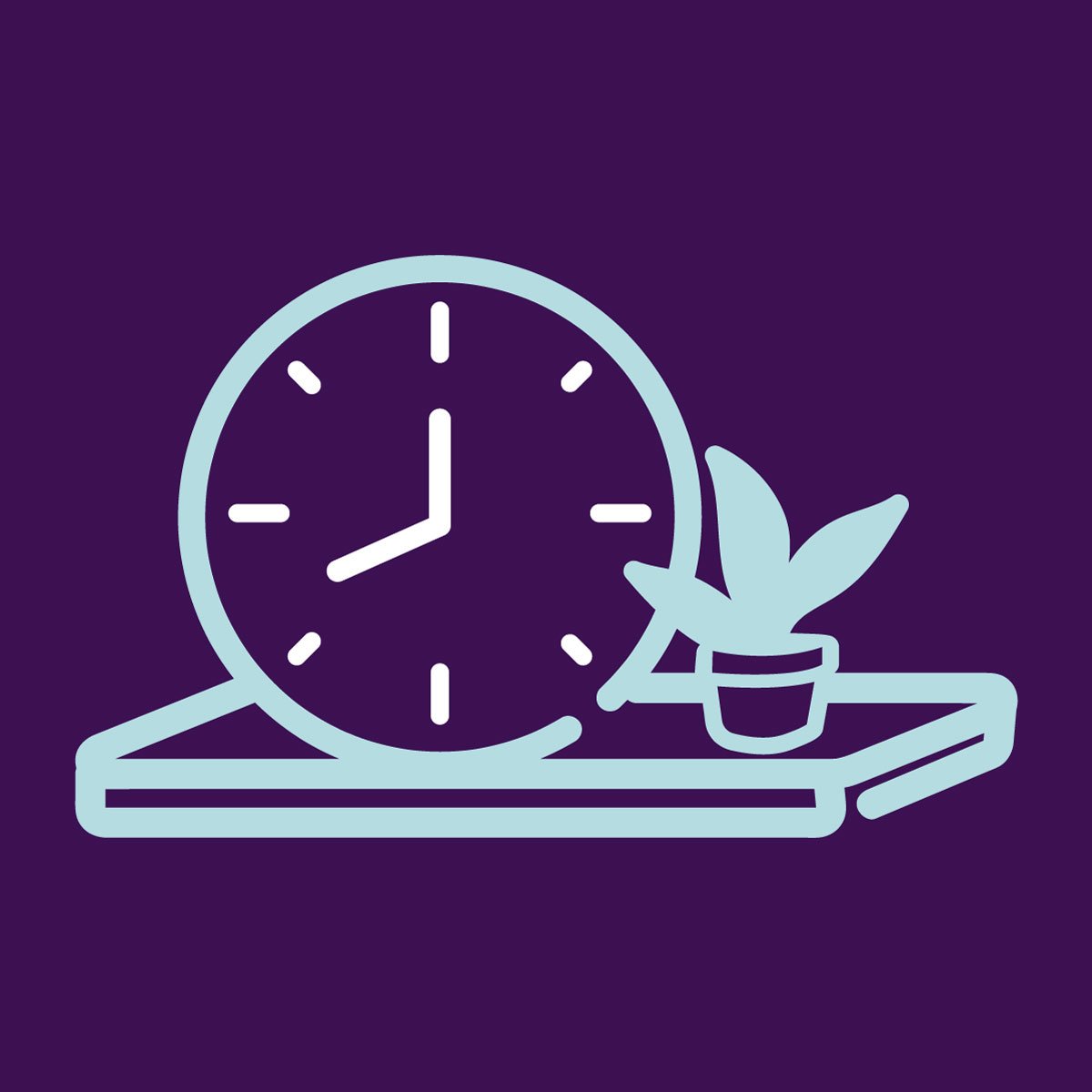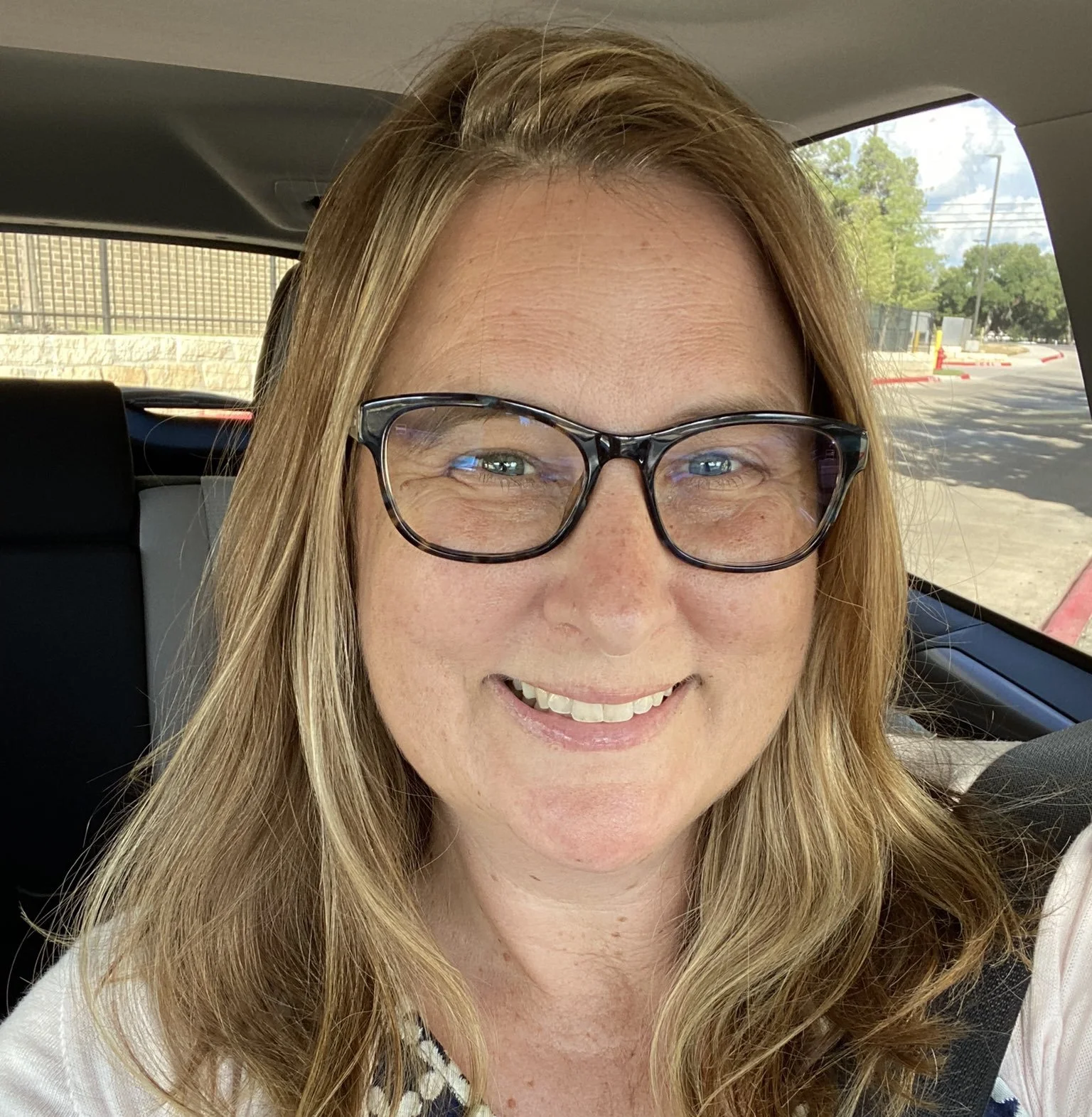👋 Welcome to the September edition of The Latest, a pumpkin-spice-free zone. This month’s newsletter is 1,034 words — a 4-5 minute read.
👉 Main Takeaway: The Un-Victory Narrative
A victory narrative around equity is very seductive, especially when we seek stories about resilience. But it can be toxic, and the reality of navigating systemic barriers is usually quite different.
I was recently asked: What advice do you have for new faculty from marginalized communities? My response:
Here are the mistakes I made, my un-victory narrative.
-
I didn’t expect the ableism and discrimination to be so blatant and pervasive. I was wrong. Heads up. It’s everywhere.
-
Being on the tenure track means your productivity defines your worth. I turned myself inside out to get published in places that were impressive, but may not have reached the people who would benefit from that work.
-
Your marginalized students will turn to you for support. You will therefore shoulder both their pain as well as your own. It is the cultural taxation that comes with advocacy for you, your colleagues, and your students.
To our new academic colleagues: I did my best on this journey (20 years and counting!) and am working on compassion for the younger me. Be better than I was and carve your own authentic path. 🤟
🧡 Words Matter: Defining A11y
A11y isn’t just a hip way to spell “ally.”
Rather, a11y is an abbreviation of the word accessibility — keep the first and last letter, then between them put the count of letters removed (in this case, 11).
On the internet, the use of the term a11y helps to identify content related specifically to digital accessibility. For example, it is often used as a Twitter hashtag (#a11y) by digital accessibility practitioners and supporters.
🦋 Student Evals and Online Teaching
Reading student feedback always gives me butterflies.
This summer I taught a large, online course on the Culture of Disability. It was a condensed format for the summer session, so timelines were super fast.
-
I wondered: Did students have a positive experience? Was the timeline reasonable in this condensed format? Was the online design accessible?
After reviewing my teaching evaluations, here are key takeaways that can help other online educators.
-
Students notice when you reach out on a regular basis. They want to know you are thinking of them. Show up on discussion boards, because that’s where they are!
-
Mixing up content and format — videos, readings, blogs — is essential.
-
Allow students to tailor assignments to fit their own interests and goals.
-
Have at least one regular opportunity for students to engage with each other in real-time.
Yes, online learning can be a positive experience — IF there is attention to design and meaningful communication.
🚨 A Special Message For Team Leaders and Managers
When a disabled person tells you about an accessibility concern…
-
Pause. Wait. Take it in.
-
Learn. Ask for more information and insights. Do not immediately respond with a brief experience with ADA from 10 years ago as a counterpoint. Just don’t go there.
-
Stay curious. Be present to the person in front of you. Honor their experience.
Only then can we construct a shared understanding and move towards a collaborative solution.
😟 Are You Familiar with “Accommodations Guilt”?
It’s that feeling that your accommodations request is too much, or not needed, or not reasonable. I have to remind myself that EQUAL access means I get the same information and resources as my peers.
I can probably understand, oh, 75% of the information in the room without an interpreter or captions.
-
But what about that other 25%? The uncaptioned video. The voice-over or remote call meeting participant. The person from across the room. My hearing aid failing. A dark room. Tired eyes.
I’m learning just to make the requests and not to worry so much about the guilt or stigma that comes with it (subtle or not).
Getting to 100% is worth it. I am worth it.
🎓 Why I Use #AbleismInEducation
I started this year with a new hashtag: #AbleismInEducation. Why?
-
I witness students with disabilities facing daily barriers to learning.
-
I have colleagues who have fought for years for dignity and a seat at the table.
-
I wonder why ableism is so overlooked in diversity and equity initiatives.
Ableism affects all of us. There is no accessibility until we address ableism.
🌟 Access Is More Than Accommodations: The Mindset Shift
As many as one in five people have a disability at any given time. The majority of us do not disclose our disabilities in the workplace. Why? HUGE RISK.
Here are five ways to reduce that risk and create safety around disclosure:
-
Include disability in your diversity initiatives and hiring practices.
-
Invite disabled perspectives during initial project planning (not when you’ve finished your prototype!).
-
Learn about ableism and how to address it.
-
Send meeting materials out ahead of time.
-
Caption all shared videos and provide alt text for images.
Importantly: If you are a leader and have a disability, consider sharing your experiences. Your disclosure will likely be a model for others around you.
🌀 The Wrap-Up: #ThrowbackThursday
The most popular posts on my blog are a great assortment of news you can use.
💻 So You Want to Write About Deaf People | My advice to people who want to research, explore, or address the deaf experience.
📣 A Call to the Field in the Review of Research in Education | As we focus on what “evidence-based” means in light of persistent educational inequities, we must adopt a deaf-centered approach to examining evidence in deaf education and related fields.
🦸♀️ Hollywood is Starting to Understand Deaf People. When Will Our Schools? | This guest blog post by my colleague and friend Carrie Franklin resonated with so many parents of deaf children: (Want to write a guest blog post? Contact me!)
🎉 2022 Model State Plan for VR Services for Deaf People | I’m thrilled it will be presented at the SERID Conference — a major event for guiding policy and practices.
🤓 And Finally…
My first pair of prescription glasses! My information input is way up, especially when I wear my new specs with my new hearing aids. Here’s to fewer headaches and clearer everything!
Selfie by Stephanie Cawthon. [Image description: Smiling woman wearing blue and white dress, pink sweater, and blue tortoise-shell eyeglasses.]
👍 Want The Latest in your inbox? Get your own subscription!
👉 Next month: A special issue about organizational transformation from the inside out!

